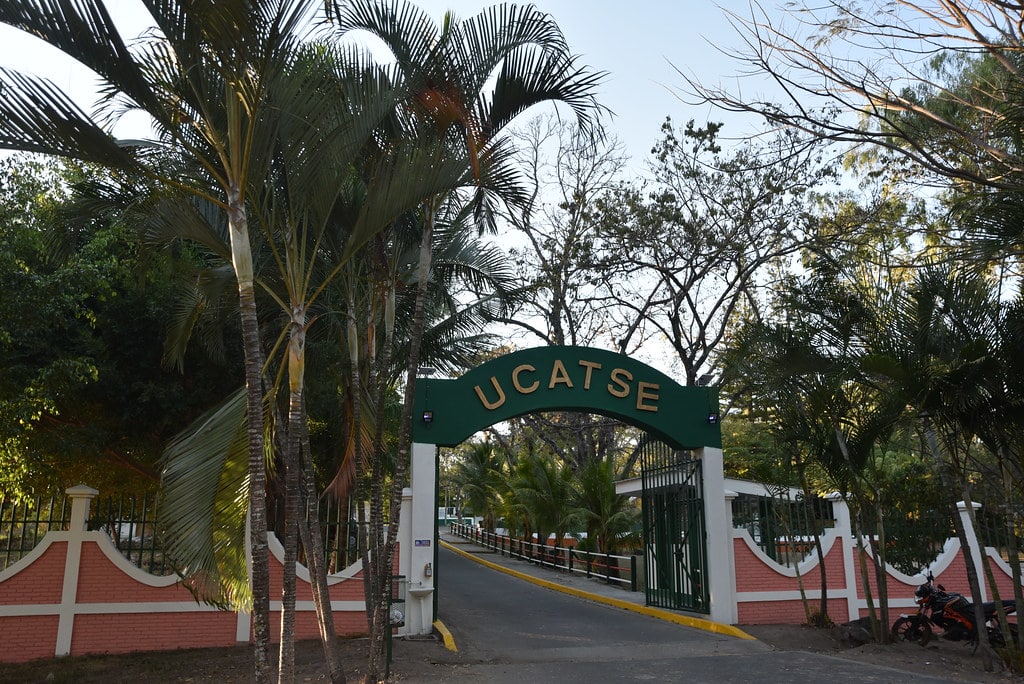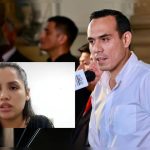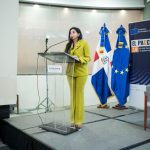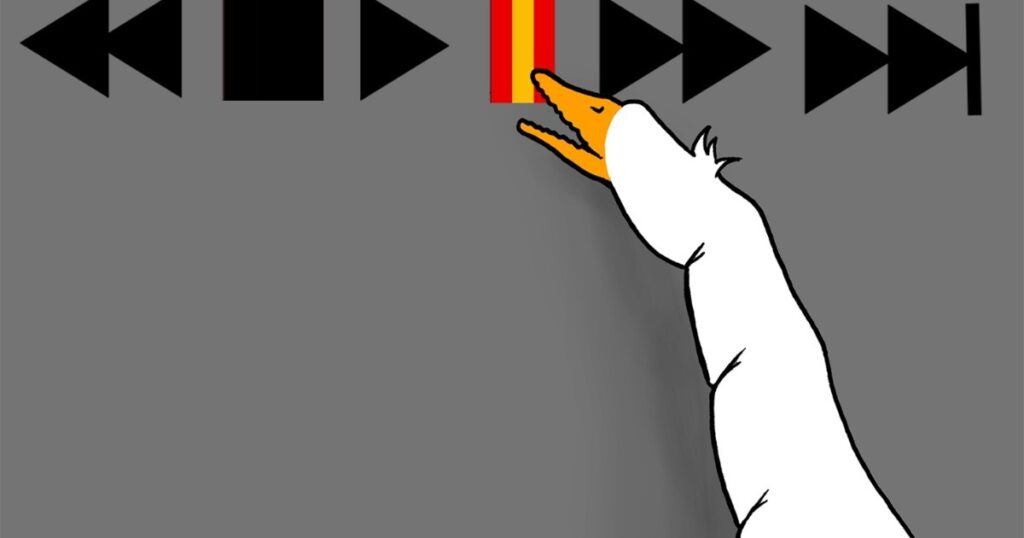The objective of the Daniel Ortega regime, with the unconstitutional and arbitrary confiscation of six private universities in Nicaragua, is to impose partisan control on higher education institutions, risking the future of the country, warn members of the University Coordinator for Democracy and Justice (CUDJ) and Nicaraguan academics.
The rector of the canceled Pablo Freire University (UPF), Adrián Meza, acknowledges that the quality of education in Nicaragua “has been in crisis for a few years.” However, he claims that the confiscation of private universities this situation “is deepening”, because the criteria with which the educational system is conducted “are not academic criteria, they are not educational criteria, but rather they are criteria of political subjection”.
With the nationalization “the aim is to make the university a platform to support a political model that is against society, a political model of a hegemonic party that controls everything,” Meza warned during a virtual forum organized by the CUDJ. Such a situation “practically leaves the university in Nicaragua turned into a caricature,” she compared.
The former rector of the American University (UAM), Ernesto Medina, valued that higher education in Nicaragua is going through one of the darkest moments in its history, since the entire system is “in the hands of people who do not have the technical training, nor it has the experience and less the vision” to seek solutions to the problems that overwhelm society.
“At this moment those who are in charge, from the different levels, of education are political commissioners, political agents. People who are solely concerned with ensuring that in all stages of the (educational) system people only obey the orders of the government officials,” Medina said.
“An illegal and arbitrary act”
Through a statement, read by Yaritza Mairena, the members of the CUDJ also denounced that “the criminalization and political control exercised by (the operators of the regime) in the public universities of Nicaragua constitute an illegal and arbitrary act”, for which “we remind the State of Nicaragua that access to education is a human right” established in the Universal Declaration of Human Rights. Human rights.
“All the actions undertaken by the Nicaraguan State, led by the Ortega-Murillo regime, seek to nullify the participation of citizens in public affairs, eradicate any critical thought, for which we urge the national and international educational community to show solidarity and continue defending academic freedom, university autonomy, human rights and democracy”, read Mairena.
For Professor Alberto Cortés, from the University of Costa Rica (UCR), “when a State is vicious with freedom of thought, it becomes evident that it is an authoritarian regime, that does not tolerate criticism, opposition, the free questioning of its society” and the confiscation of the universities is nothing more than “an attempt to crush” any type of social mobilization.
What happened in Nicaragua “is not a struggle that seeks to deprivatize access to higher education, but rather they are trying to curtail the possibility of there being an exercise in teaching, education and social action that can generate critical thinking, they are afraid of the student movement, which is a catalyst for social transformations,” Cortés stressed.
Uncertainty among students
The universities canceled and confiscated five days later were: the Polytechnic University of Nicaragua (Upoli), the Catholic Agricultural University of the Tropics (Ucatse), the Association for Humanitarian Studies (Uneh), the Popular Association of Nicaragua (Uponic) and the Paulo Freire University Association ( UPF). Two months earlier the same thing had happened at the Hispano-American University (Uhispam).
The confiscation of assets is prohibited by the Political Constitution of Nicaragua, but —in an effort to appear legal— the National Assembly created the state ones: Francisco Luis Espinoza Pineda, National Polytechnic University (UNT) and the Ricardo Morales Avilés National Multidisciplinary University through of which the assets of the canceled universities are transferred to the State.
To the students of the six confiscated universities, no academic authority has clearly explained what will happen to their future. Feelings such as uncertainty, anguish and frustration have overwhelmed them since February 2, when their houses of study were canceled and with the passing of days they have been accumulating questions that until now no one knows how to answer. Nor are the students of the Uhispam, canceled two months earlier, clear about the changes imposed.
In Nicaragua there is no official registry of registration of the six universities confiscatedbut an estimate made by CONFIDENTIAL —Based on journalistic reports and statements by officials of these educational establishments— indicates that there are more than 18,000 students affected in various departments of the country.
The data collected indicates that the Polytechnic University of Nicaragua (Upoli) had 8,500 students, followed by the Catholic University of the Dry Tropics (Ucatse) with 3,200, the Pablo Freire University (UPF) with 1,200 and the Nicaraguan University of Humanistic Studies (Uneh). also with 1,200. Meanwhile, the Hispanic American University (Uhispam), canceled in December, had 3,980. There are no records of the Nicaraguan Popular University (Uponic), although some report 2,000 students, with which the number of affected students could rise. up to 20,000.

















